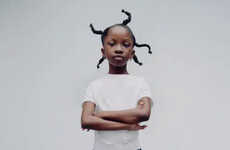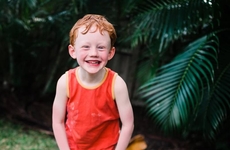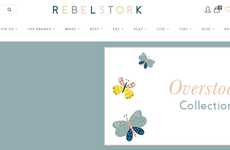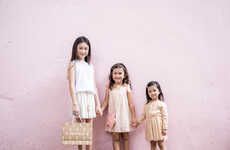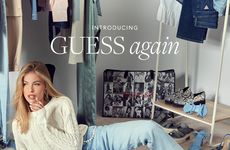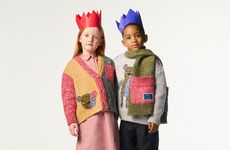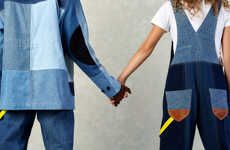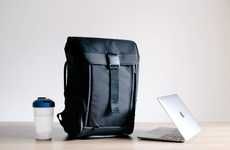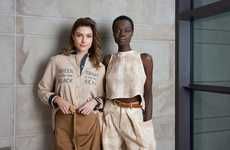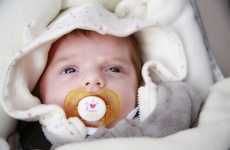
Vigga Creates a Circular Economy for Baby and Maternity Clothes
Parents always talk about how kids grow up so fast, but Vigga was one of the first companies to recognize that those comments aren't nostalgic salvos about the passage of time — they're complaints. Babies especially grow with alacrity, and parents need to spend money to replace their clothes at unfortunately frequent intervals. Vigga, a baby and maternity clothing business, has introduced a new economic model based around recycling that both saves money and environmental impact for young families.
Vigga's lines of baby clothing are designed for various stages of children's growth. The business operates on a subscription model, with parents paying relatively low monthly fees compared against the price of brand new clothing. Each bag of Vigga clothing comes with 15 - 20 pieces suited to various age ranges. These will last for a few months depending on the child, and when they've been outgrown, parents simply pack the clothes up and return them to Vigga while a new bag gets sent. The old clothes get refurbished by Vigga and put back into their circular economy, with each bag of clothing passing through at least five families.
Vigga's lines of baby clothing are designed for various stages of children's growth. The business operates on a subscription model, with parents paying relatively low monthly fees compared against the price of brand new clothing. Each bag of Vigga clothing comes with 15 - 20 pieces suited to various age ranges. These will last for a few months depending on the child, and when they've been outgrown, parents simply pack the clothes up and return them to Vigga while a new bag gets sent. The old clothes get refurbished by Vigga and put back into their circular economy, with each bag of clothing passing through at least five families.
Trend Themes
1. Circular Economy - Vigga's circular economy model disrupts the traditional retail model by encouraging the reuse and refurbishment of baby clothing.
2. Subscription Model - Vigga's subscription-based approach disrupts the traditional retail model by offering parents a cost-effective way to access a continuous supply of age-appropriate baby clothing.
3. Sustainable Fashion - Vigga's focus on recycling and refurbishing baby clothing contributes to the growing trend of sustainable fashion in the apparel industry.
Industry Implications
1. Apparel Retail - Vigga's circular economy and subscription model presents opportunities for apparel retailers to explore innovative ways to reduce waste and encourage responsible consumption.
2. Online Retail - Vigga's subscription-based approach provides a potential disruptive innovation for online retailers seeking to offer convenient and sustainable shopping experiences to customers.
3. Sustainability Consulting - Vigga's circular economy model opens up opportunities for sustainability consulting firms to assist businesses in implementing similar environmentally-friendly practices.
2.2
Score
Popularity
Activity
Freshness


